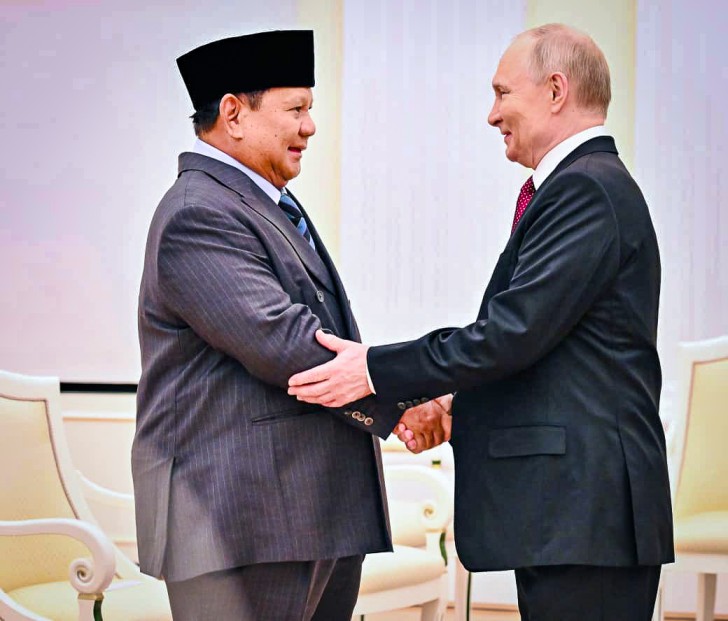Indonesia maximizes processed-nickel in downstream industry

Jakarta (Indonesia Window) – The Indonesian government maximizes processed-nickel in the downstream industry in order to increase its added value, and therefore will bring about positive impacts on the country’s economy.
Besides being able to increase the value of the production supply chain, downstream industries can save the national nickel ore commodities from price fluctuations, Director General of Mineral and Coal at the Ministry of Energy and Mineral Resources, Ridwan Djamaluddin, said in a webinar on the Future of Indonesia’s Nickel Down Stream Industries on Tuesday (Oct 13).
“The upstream part of mining is practically easier to do with a higher profit. However, when it comes to downstream, an economical consideration appears, showing that the added value of profit is not balanced with that of investment. We are trying to make the balance happens,” Ridwan explained.
The economy, he continued, is a crucial aspect in the nickel downstream policy in Indonesia.
Ridwan said the national nickel industrial estates have been growing because of efforts made by industry players.
The growth of the processing industry comes from the large potentials of low-grade nickel owned by the archipelagic country.
Meanwhile, an expert for mineral and coal management at the ministry, Irwandy Arif, said the downstream concept does not stop when minerals are processed into intermediate products.
“Downstream industries should be further developed until products becomes a basic or complementary material at the last stage in the industrial chains,” he said.
According to Irwandy, the concept of added value is also not only about the ratio between product prices and raw material prices.
He pointed out that nickel ores can be processed to generate FeNi or concentrate, which is then processed into Ni-sulphate and Co-sulphate. After that they can be further processed into a precursor which is the basic material of batteries.
“From that basic ingredients, a lithium-ion battery is produced,” he said.
Sustainable and integrated downstream industries will support the strength of the national mining industry.
“Without downstream industries, the national industry will always depend on imported raw materials, making it fragile and easily swayed by such non-technical factors as rupiah exchange rate,” Irwandy said.
Reporting by Indonesia Window

.jpg)








